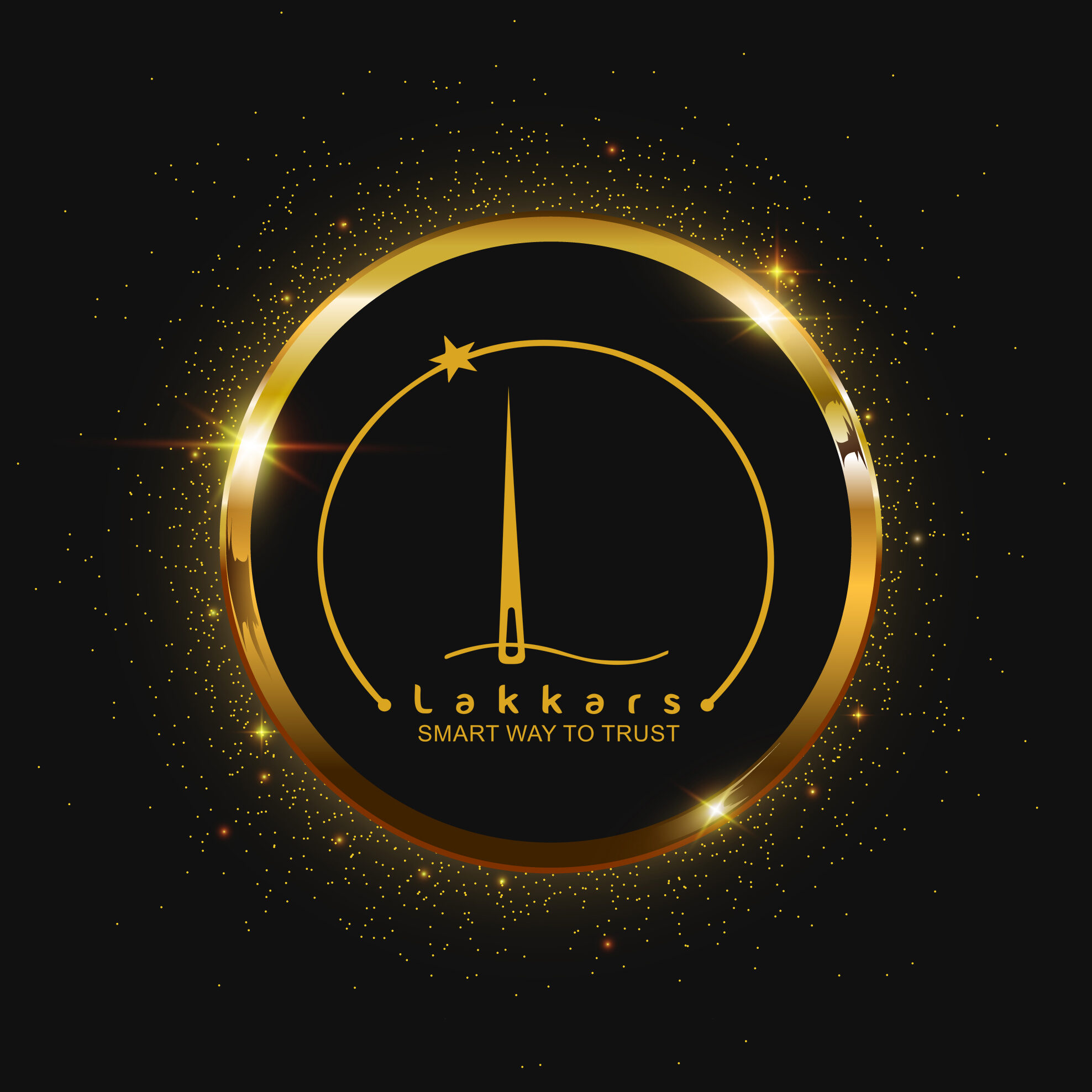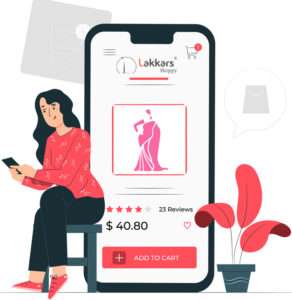The Gifted Writer, Actress, and Role-Model Jing Lusi
Jing is considered the voice of her generation as she stands up against discrimination in television and film. She’s been wrestling with negative typecasting and stereotypes her whole life and is unafraid to challenge them. Jing rejects the film industry’s painful inclination toward harmful Asian stereotypes, and, instead, disrupts that prejudiced narrative by mirroring reality: by playing a police officer, detective, and doctor — all of whom just happen to be Asian.
Jing is currently focused on writing and pitching her own TV show. As her career unfolds, she becomes the story-teller for the next generation, by creating authentic stories with Asian leads and playing multifaceted Asian characters just as we see in real life. If Jing’s ambition and aptitude is any indication, the future for Asians in the media is bright.

How did you land your role in Crazy Rich Asians?
It was a pretty standard process considering the revolutionary impact the movie would go on to has. The casting director Terri Taylor called me to have a Skype audition for Amanda, and that was it. This process went on for about a year, as they had previously asked me to audition for Rachel in the summer, Astrid in December, and finally Amanda a month before we began filming. They really scouted the earth; it was a pretty epic endeavour. Jon Chu later told me that they’d seen some great actors during the casting, and were intent on having them in the movie even if in a different role. A few of us ended up playing roles we didn’t audition for – and it’s the biggest compliment the movie found a home for us within.

Do you believe the success of Crazy Rich Asians was a litmus test for Asians’ financial value in the film industry and proved to Hollywood that diversity should be invested in?
Yes, and I’m glad it passed with flying colours. However, it may not have had the same outcome if different people were involved in the film. Jon Chu and the producers, Nina Jacobson, John Penotti and Kevin Kwan had a very strong vision for the movie from the start and made some very hard decisions to preserve its integrity, such as choosing Warner Bro’s theatrical release deal over Netflix’s triple movie deal. If our creatives were motivated by other factors, such as financial gain and convenience, the world could have seen a very different film. But our guys knew the importance of needing to pride quality and authenticity above all else. When Jon signed on, he said to the studio, “You know you need to prioritize casting, right? The cast is the most important thing about the film.” So with the combination of everybody, down to the cinematography, down to the costumes, everything, was what made it so synergistically successful.
The fear, of course, was that we knew if the film bombed, people would turn around and use it as an excuse to say: “You see, no one wants to see Asians on screen, so let’s never do that again.” We would forever have felt like this is the film that killed it for all Asians. What a legacy to carry!
But we all knew when we were making it, that we were making history. Even talking about it now, I’ve got goosebumps. We could feel it in the joy, the energy, and the way people put everything into it. The passion was palpable. The environment was very collaborative, which you do not get on every project. On Crazy Rich Asians, we were actually happy to work overtime! When we filmed in Langkawifor the Samsara Island bachelorette party scene, upon wrap, we would walk all of five meters, sit on the beach, drink beers and chat for hours. No one was in a rush to get home. When we filmed the night shoots in Singapore, we would wrap at dawn, go back to the hotel and all have breakfast together. When you have some of the funniest people amongst you, Awkwafina, Ronny Chieng, Jimmy O Yang, Nico Santos, you never stop laughing. And we’re still very close to this day. I’ve always said, if the audience could feel just a fraction of what we felt making it, the film was going to be a success. And the rest, as they say, is history.

Where do you see yourself 5-10 years from now?
This year I made the decision to focus on writing. Through perseverance and luck, my script landed on the desk of a production company I’ve loved since forever, and they want to help me make it. It’s an utter dream come true. The exec also happens to be of Asian heritage, and she just gets me, and everything I’m about. She is as keen to progress Asian representation as I am. I am beyond elated I have found someone as passionate and similar thinking like me.
I would love to be the story-teller for our next generation and to be integral in the step of moving Asians from all-Asian projects and character parts to leading roles; telling authentic stories that have nothing to do with them being Asian. That’s where I see myself in the future. Just like how I knew that my acting career would work out: So many friends advised me to qualify as a lawyer before I embarked on my acting career, so I would have a luxurious safety net. That would have entailed another three years after my law degree. But I never saw the point. I never saw myself falling, I can’t explain why. The danger, also, of having a safety net, is that you’re never truly afraid to fall. You know it’s always there – how long do you give yourself before you use it? In areas where you need to risk everything and trust in your own wings, it’s sometimes better to not have a failsafe. Instead, have faith. And belief. And fly.

Magazine launched for helping women for success. Lakkars has always served and worked efficiently towards women empowerment, we have blossomed into America’s most-read fashion magazine.


